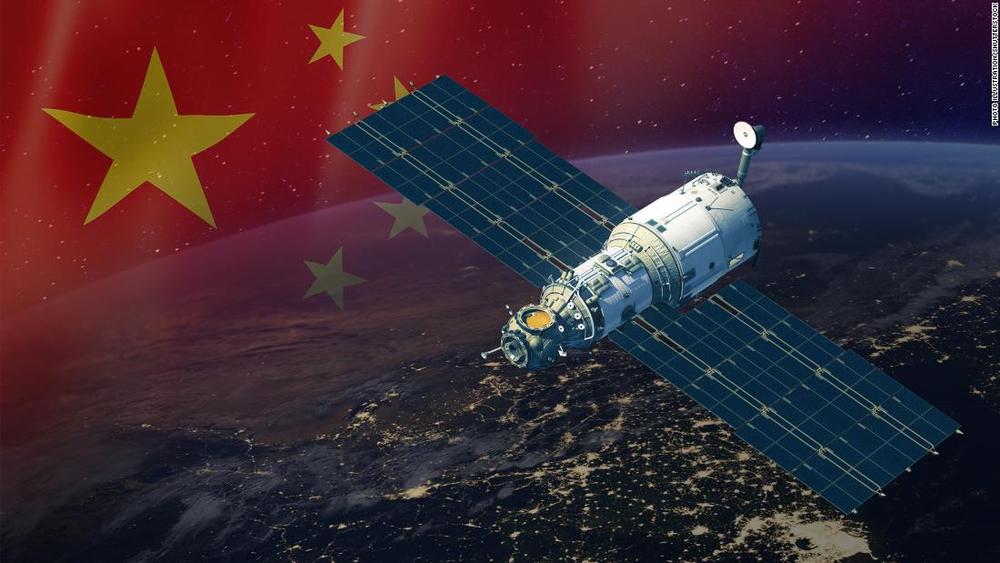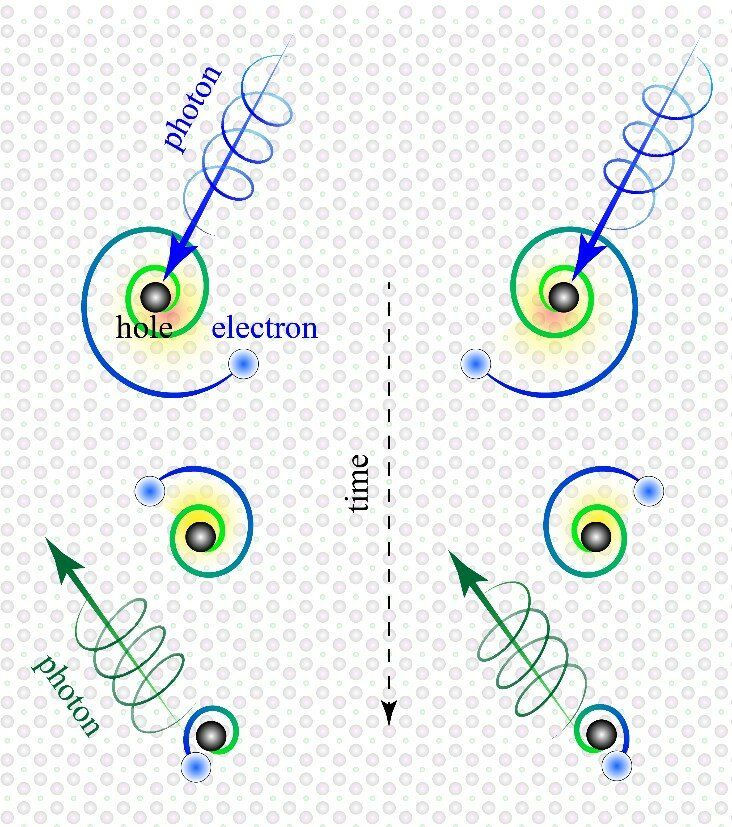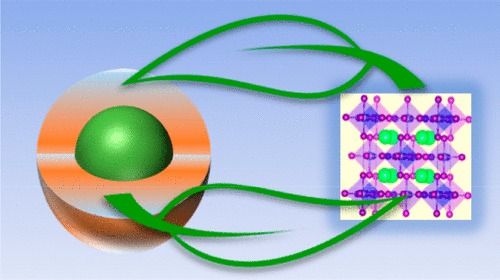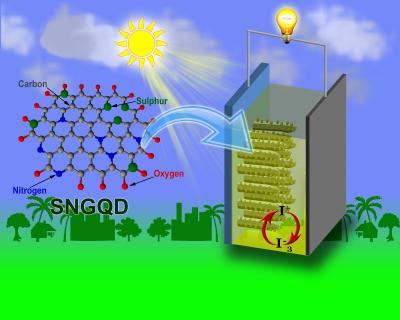NASA could be on the verge of a breakthrough. Currently, NASA is working on an advanced propulsion engine, that if cracked, can elevate our space travel to the next level. For decades, spacecraft have been stuck traveling at low chemical speeds, limiting our ability to research and explore space. However, now speeds of over one million miles per hour before 2050 are possible. The NASA institute for Advanced Concepts (NIAC) is funding two high potential concepts.
There are new ion drives being developed right now that could have power levels that are tens thousand times higher. Antimatter propulsion and multi-megawatt ion drives are being developed. The current speeds of spacecraft are quite low in space terms. The Voyager 1 spacecraft is moving at 38,000 mph (61,000 km/h). This speed was achieved mostly by a chemical rocket but also with the assistance of gravity, using it to slingshot the spacecraft out of orbit. Juno, Helios I and Helios II managed to reach speeds of around 150,000 mph using gravitational boosts also. The recently launched Parker Solar Probe will reach 430,000 mph using the Sun’s gravity.
Gravitational boosts are our current best way of achieving higher speeds for our spacecraft. However, this method is also detrimental to our research and exploration as it takes a lot of time to work. It can take many months before the desired speed is achieved and the real mission starts.









